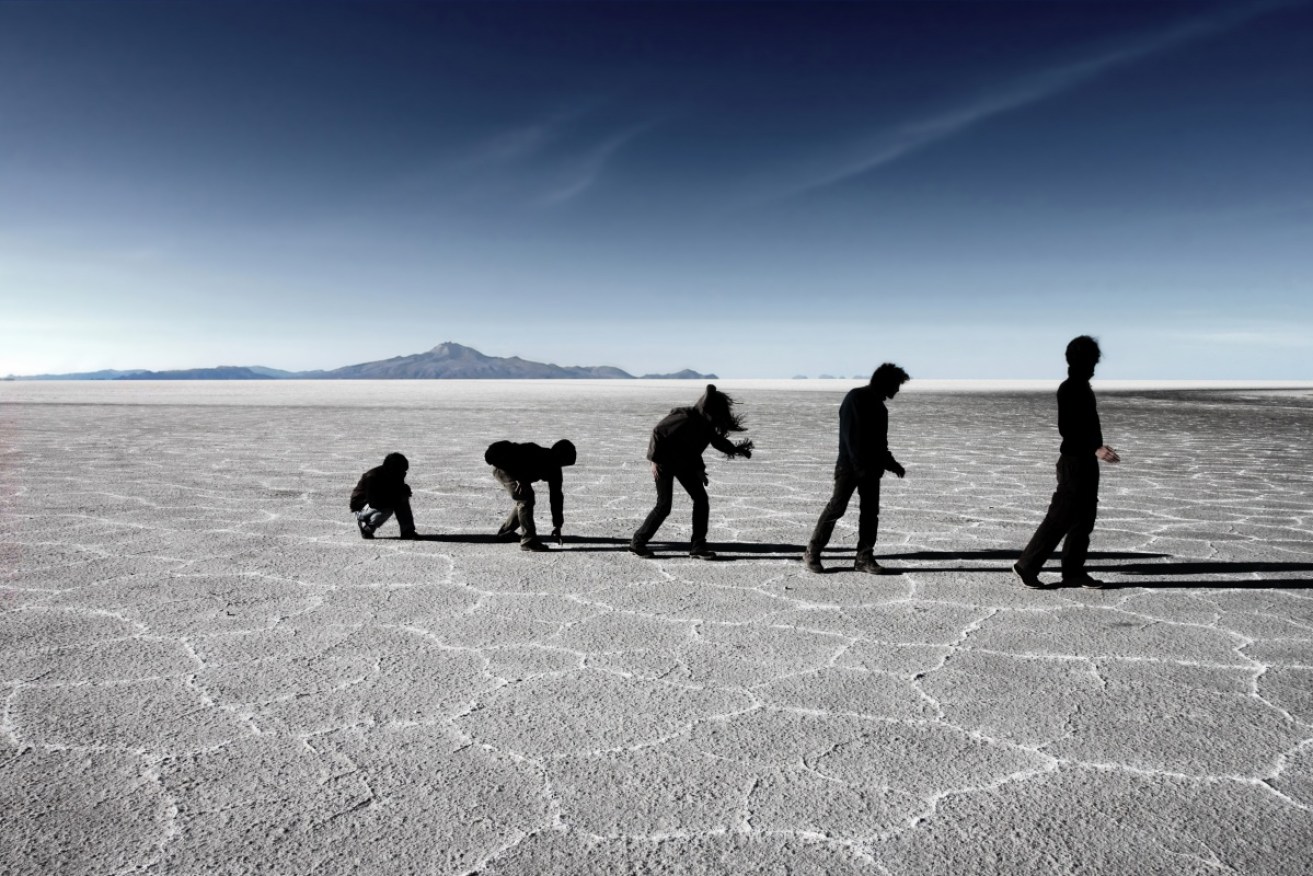Office politics began two million years ago


Our brains have evolved to make us masters of office politics.
The long-standing mystery as to why human beings evolved with such disproportionally large brains is now being explained in terms of office politics.
As both competitive and social creatures, we needed bigger brains to deal with the complexity of knowing who to curry favour with.
This is the theory of computer scientists from Cardiff University who argue that the challenge for early human beings of sizing each other up was a strain for their prehistoric brains.
But as they began to understand where they stood in the pack and which potential allies to invest in, our brains doubled in size over two million years and the species flourished.
The researchers, who include leading evolutionary psychologist Professor Robin Dunbar from the University of Oxford, have published a study in Scientific Reports that suggests the rapid expansion of the brain occurred to meet these demands of ancient social networking.
It’s a big call but the experiments carried out by the team, using computer modelling to run hundreds of thousands of simulations, have impressively unravelled “the complexities of decision-making strategies for simpler-minded humans”.
They also established “why certain types of behaviour among individuals begins to strengthen over time”.
In other words, at the very least, the researchers have built a working model of evolutionary social behaviour in progress.
Lead author Professor Roger Whitaker, from Cardiff University’s School of Computer Science and Informatics, says the study specifically found that evolution favours those who prefer to help out others who are at least as successful as themselves.

Knowing who to partner with could be the reason for the rapid growth of the human brain.
That is, by co-operating with or behaving generously toward people of a similar or superior status, individuals enhanced their ability to breed and pass on their genes to the evolving pool.
“Our results suggest that the evolution of co-operation, which is key to a prosperous society, is intrinsically linked to the idea of social comparison – constantly sizing each other up and making decisions as to whether we want to help them or not.
“The research team propose that making relative judgements through helping others has been influential for human survival, and that the complexity of constantly assessing individuals has been a sufficiently difficult task to promote the expansion of the brain over many generations of human reproduction.”
The conclusion is a ‘persuasive maybe’ at this point.
Until now, there have been three main theories that have tried to explain why human beings, compared to almost all other animals, have brains that are larger as a percentage of body weight.

Scientists ran hundreds of thousands of simulations to unravel the complexities of decision-making strategies for simplified humans. Photo: Getty
The climate change hypothesis, says that dealing with unpredictable weather and climate shifts forced our ancestors to think ahead and plan for environmental changes, prompting a larger and more complex brain.
The ecology theory holds that early man, when moving away from the equator, suffered less food resources, and had to smarten up to survive.
Finally, the social competition theory suggests a growing human population led to more desperate competition for resources and the smarter folk survived.
Fossil analysis in the last decade has supported this theory. Whether the fossils also support the office politics theory is awaiting discussion.








